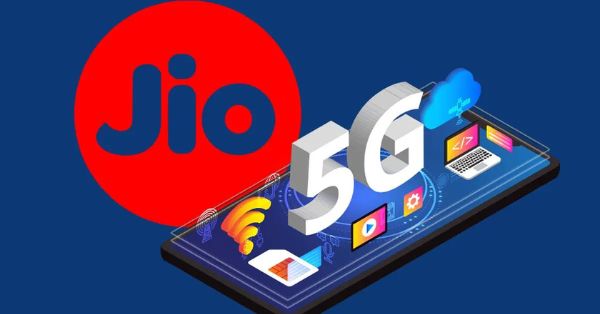Rogers Communications Inc. revealed its intention to offer comprehensive 5G connectivity services across the entire subway system of Toronto, ensuring all passengers can access 911 services. The company is set to acquire BAI Communications’ Canadian operations (BAI Canada), which has held exclusive rights to construct the Toronto Transit Commission’s (TTC) wireless network since 2012. This acquisition will enable Rogers to make the necessary investments to create a reliable and extensive 5G network throughout the TTC subway system.
Ensuring access to 911 services across the entire subway system is particularly important. Currently, TTC users with any mobile provider can only call 911 where cellular networks are available, which includes station platforms, concourses, and roughly 25% of tunnels. Rogers aims to swiftly address coverage gaps in the most vital and busiest subway sections.
Ron McKenzie, Rogers’ Chief Technology and Information Officer, emphasized the significance of safety and wireless connectivity for Toronto residents and visitors using the TTC subway system. The acquisition of BAI Canada marks an essential first step in upgrading and extending the existing network to provide improved 5G wireless service to millions of transit riders throughout the city. As Canada’s largest 5G network and the country’s most significant investor in 5G, Rogers is proud to contribute to world-class connectivity for Toronto’s population.
Over time, TTC riders will witness the expansion of 5G coverage for all wireless services beyond just 911. The 5G network construction is anticipated to take around two years to complete due to limited overnight construction windows that ensure subway operations remain uninterrupted. Rogers will collaborate with the TTC on a phased deployment plan, encompassing network design, architecture, and rollout logistics for both network improvements and expansion across stations, concourses, and subway tunnels.
To modernize the network, increase cellular capacity, and improve the quality of existing 3G and 4G services, extensive fiber network and radio equipment upgrades are required. These enhancements will also introduce new 5G mobile services to millions of additional users.
Once completed, the 5G network will offer seamless wireless coverage with mobile voice and data services across all 75 stations and nearly 80 kilometers of Toronto’s subway system, reflecting Rogers’ commitment to expanding connectivity for the city’s residents.
This significant investment builds on Rogers’ existing initiatives to bring advanced mobile connectivity to underground transit riders nationwide. Such initiatives include agreements with TransLink to provide wireless connectivity across the full SkyTrain system in the Greater Vancouver Area and the Société de transport de Montréal, in conjunction with other Canadian carriers, to ensure connectivity in all 68 metro stations and over 70 kilometers of tunnel in Montreal.
Rogers anticipates closing its acquisition of BAI Canada within the next two weeks, subject to the fulfillment of closing conditions.


































